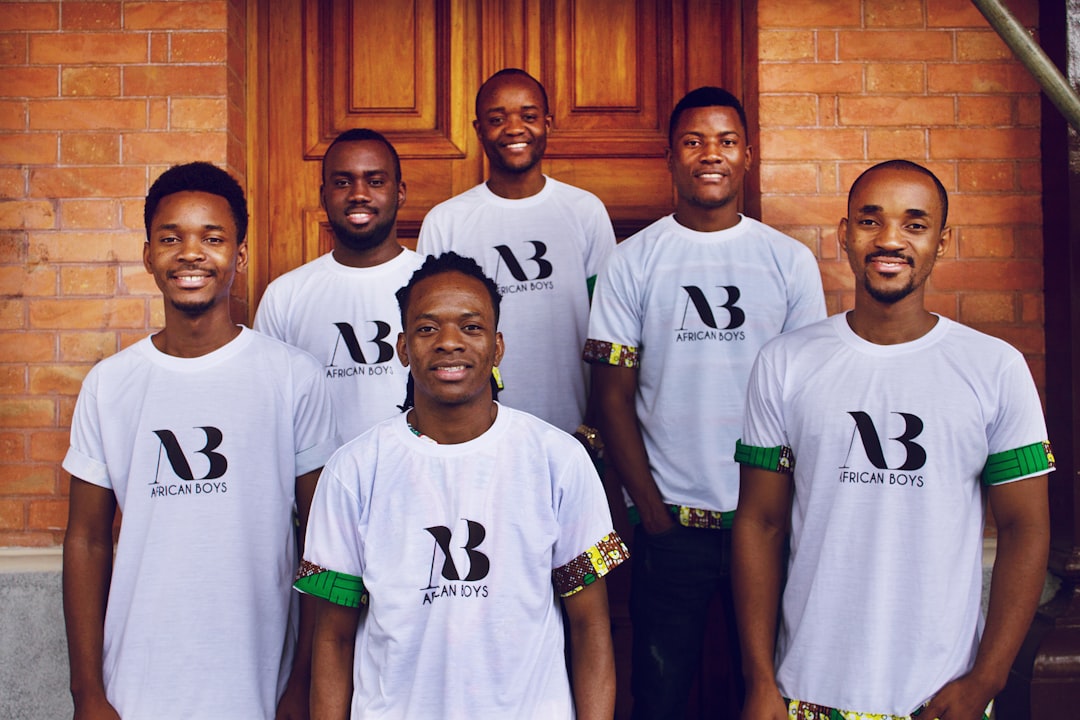What is it about?
This research examines how our political orientation shapes the reality of our experience. Those people or organisations with whom we are aligned are superior, and those with whom we differ are inferior. This is not merely difference of opinion, but a difference of reality - i.e. the characteristics or properties exhibited by each side are qualitatively very different. The research is based in the philosophy and theory of opposites of Carl Gustav Jung, and it puts the theory to the test using questionnaires and statistical analysis.
Featured Image

Photo by John Cameron on Unsplash
Why is it important?
This research points to one of the key reasons that political polarisation occurs and is so difficult to overcome. It suggests that those who have differing political orientations live in related but antagonistic worlds that have conflict built in to them. Furthermore, as political knowledge develops, the effect gets worse. The research is therefore important when developing strategies to overcome political division. It is also important because it takes an aspect of analytical psychology that has hitherto been overlooked or misunderstood and puts it to an empirical test for the first time.
Perspectives
This research combines theoretical, quantitative, and qualitative research, which was a feature of my PhD. It is another empirical step in the investigation of the difficulties of overcoming political and religious conflict, using some of the neglected insights of analytical psychology. The next step in the research is to examine the impact of 'participation mystique'. That is, to what extent do the thoughts of people who identify with the political left or right tend to align, or do they tend to consider each policy on its merits.
Steve Myers
University of Essex
Read the Original
This page is a summary of: A Test of Ontological Relativity, International Journal of Jungian Studies, October 2020, Brill,
DOI: 10.1163/19409060-bja10003.
You can read the full text:
Contributors
The following have contributed to this page










